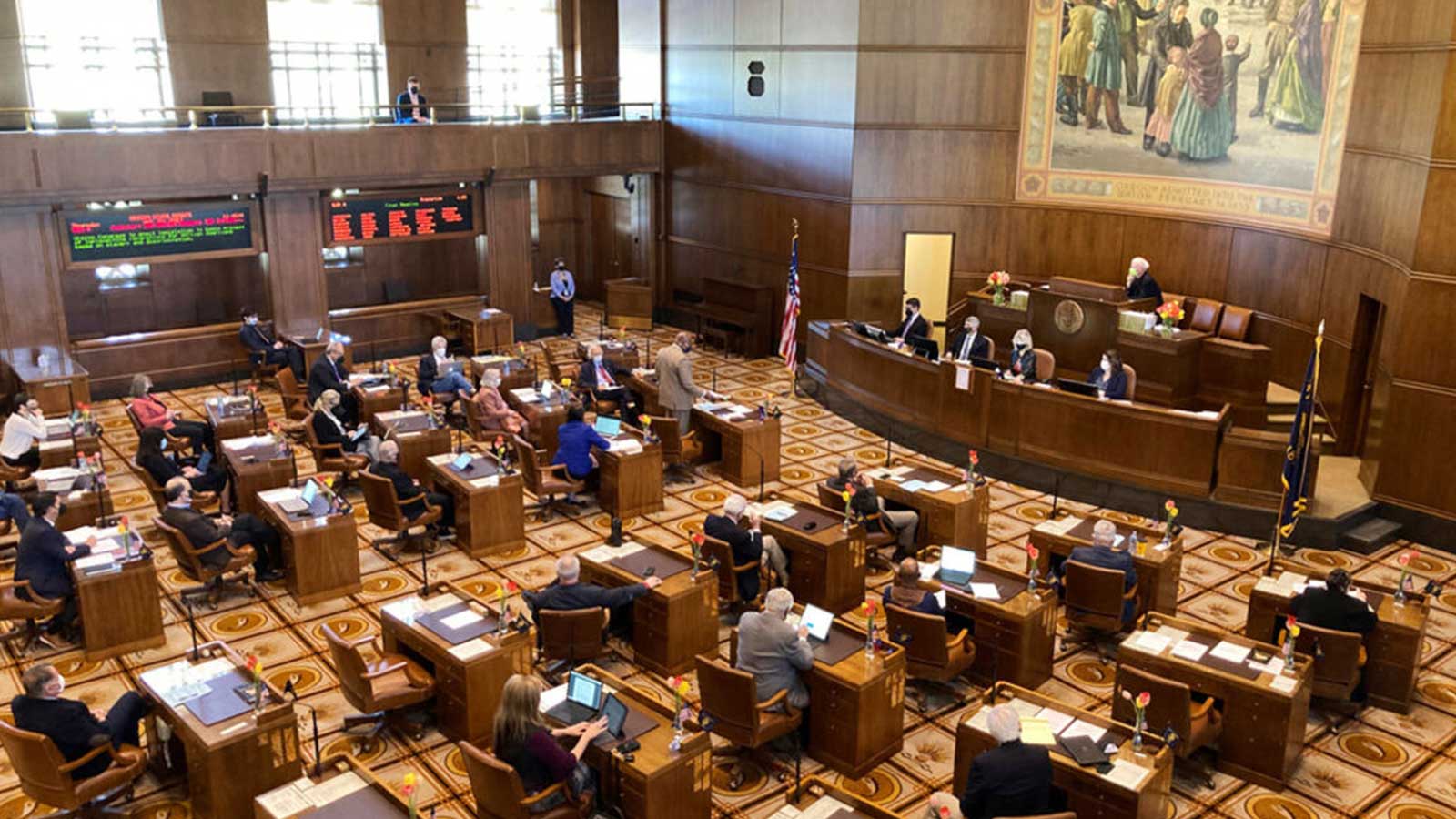By Ann Brown, The Moguldom Nation —
Does the U.S. want reparations for Native Black Americans? The Congressional Black Caucus wanted to know. Respondents answered “yes.
The CBC ran a poll on Twitter asking, “Which legislative priority of the Congressional Black Caucus (CBC) do you want to hear more about and remain the most important to you?”
Respondents could choose one of the following: Reparations, voting rights, the George Floyd Justice in Policing Act (JIP) Act, or infrastructure.
Reparations was the clear winner with 57.5 percent of the votes. Voting rights was second with 33.2 percent, followed by infrastructure with 5.6 percent, and the George Floyd Justice in Policing Act (JIP) Act, which got just 3.7 percent of the votes. Some 4,942 votes were cast.
Which legislative priority of the Congressional Black Caucus (CBC) do you want to hear more about and remain the most important to you?
— The Black Caucus (@TheBlackCaucus) July 1, 2021
There have been various recent polls on reparations. The results remain divided along political party and racial lines. Democrats have consistently been for reparations, as have Black Americans. Those against have typically been Republican and/or white.
In April, Politico’s Maya King wrote that polls found 60 percent of Democrats support forming a committee to study reparations, with 74 percent of Republicans in opposition, CNBC reported.
A poll conducted by Morning Consult and Politico in February 2021 asked, “Based on what you know, do you support or oppose direct financial payments (also known as reparations) to the direct descendants of enslaved African Americans?” The poll found that 18 percent of registered voters strongly supported idea, while 36 percent strongly opposed it. Of the Black respondents, 42 percent strongly supported, just 2 percent strongly opposed. Among the Democrats or leaning Democrats, 30 percent were strongly for and 12 percent against. On the
Republican or leaning Republican side, 6 percent strongly supported reparations while 66 percent strongly opposed.
An April 2021 poll revealed that nearly two-thirds of Americans and 90 percent of Republicans oppose the idea of giving reparations.
A nationwide University of Massachusetts Amherst/WCVB poll found that 62 percent of respondents oppose the idea of reparations, and nearly half (46 percent) said the federal government “definitely should not” make cash payments to the descendants of slaves. Nearly two-thirds (64 percent) of Democrat and 86 percent of African American respondents supported reparations. Only 28 percent of whites said they supported reparations.
In June 2020, a Reuters/Ipsos poll showed clear divisions along partisan and racial lines on reparations, with only one in 10 white respondents supporting the idea. Half of the Black respondents endorsed it. Republicans were heavily opposed, at nearly 80 percent. One in three Democrats supported it, Reuters reported.
Some cities and states have already moved forward with studying reparations or passing reparations legislation. Proponents of reparations argue that after slavery was abolished, Black Americans continued to face systemic discrimination and unequal treatment, and the legacy of racism still affects Black people today, CNBC reported.
“As a result of the historic and continued discrimination, African Americans continue to suffer debilitating economic, educational, and health hardships,” states H.R. 40, a bill that would form a federal commission to study “the lingering negative effects of the institution of slavery” in the U.S.
Reparations opponents have argued that it would be too difficult to determine who to compensate and it would cost the federal government too much money.
Meaningful reparations that would close the racial wealth gap would cost the U.S. government between $10 trillion and $12 trillion, or about $800,000 for each eligible Black household, according to reparations scholar William Darity, a Duke University professor of economics and public policy, CNBC reported.
Source: The Moguldom Nation
Featured Image: Members of the Oregon Senate discuss a resolution on April 15, 2021, in Salem, Ore., urging Congress to enact legislation to begin the process of implementing reparations for African Americans based on slavery and discrimination. The Senate then passed the resolution. (AP Photo/Andrew Selsky)


